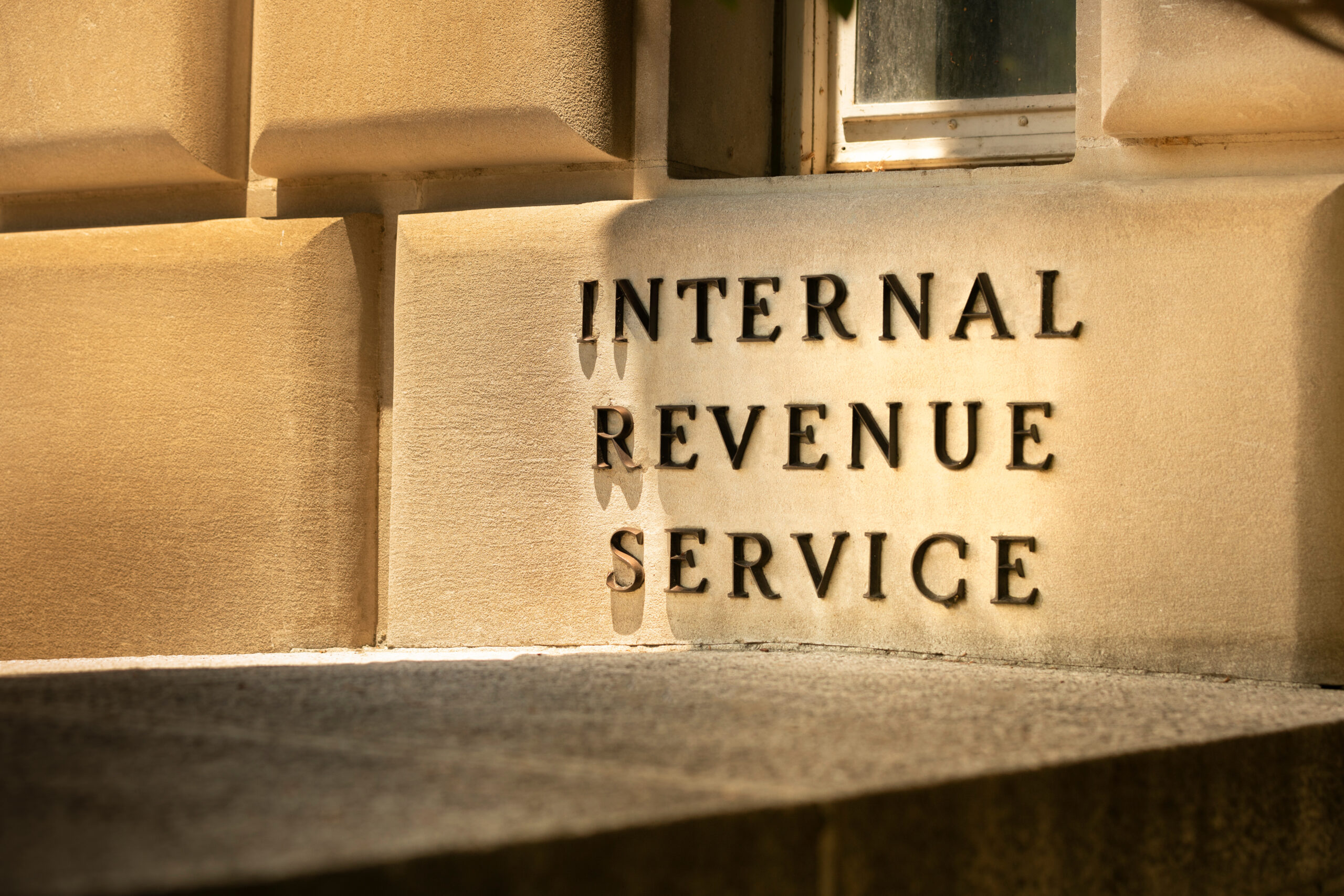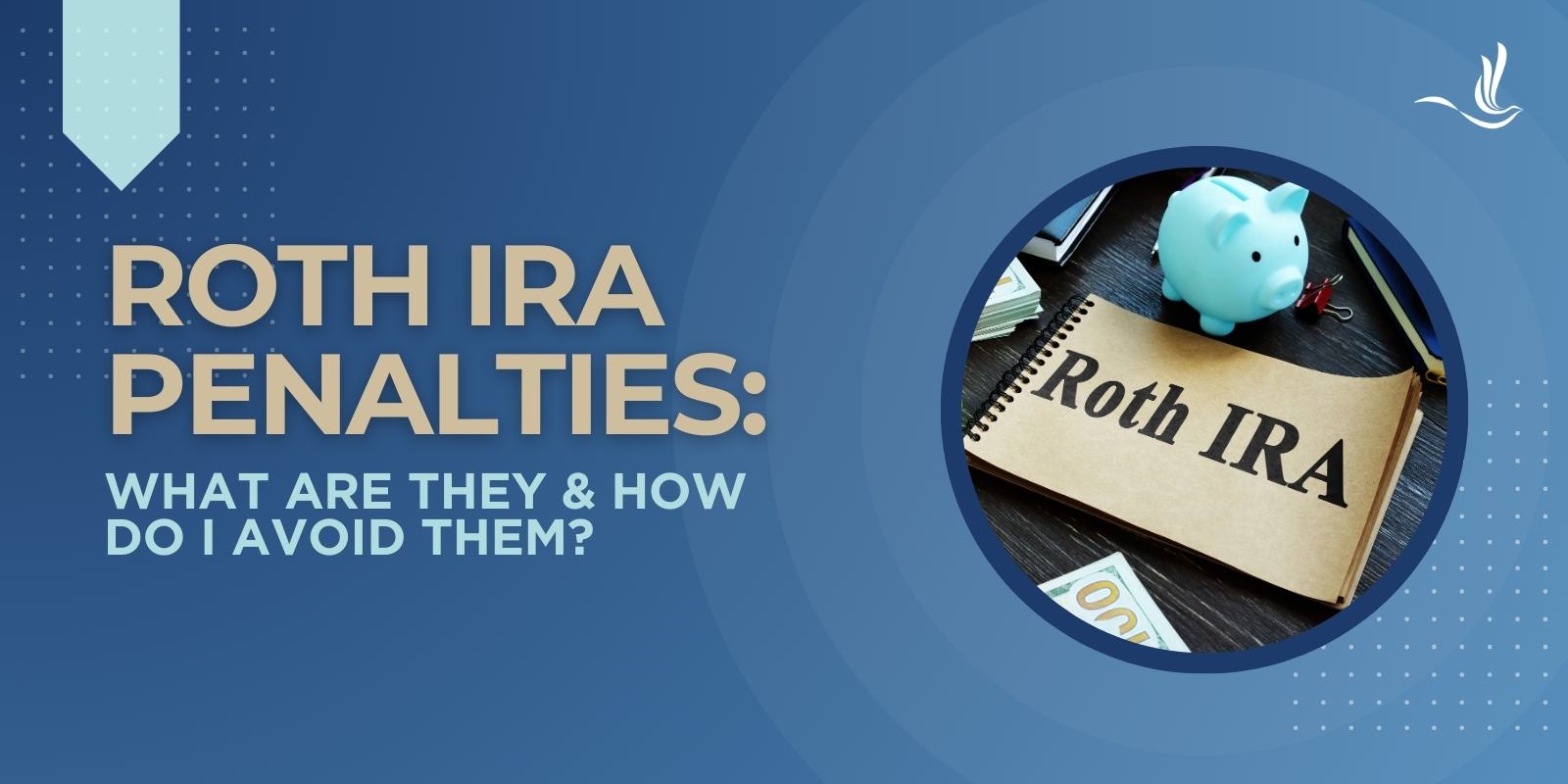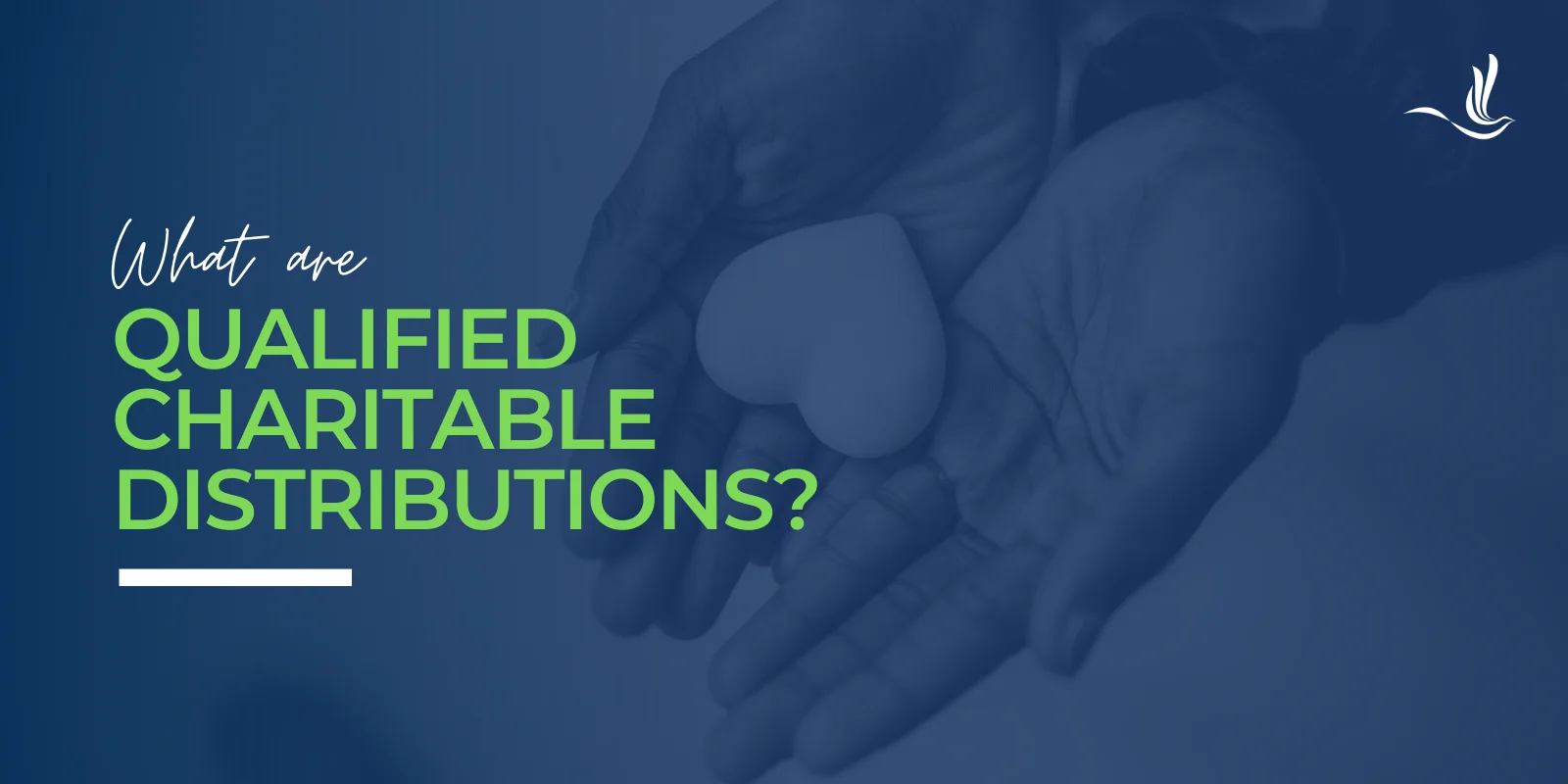Jump to ↓
The world of professional accounting and auditing continues to evolve as the profession seeks greater transparency, accountability, and quality. In June of 2022, the American Institute of Certified Public Accountants (AICPA) released the Statements of Quality Management Standards (SQMS) to meet these growing needs.
These standards will reshape how firms approach engagement quality by implementing a more risk-based, system-focused (vs. policies and engagement-focused) approach to quality management.
What are the Quality Management Standards (QMS)?
Set to take effect, in part, on December 15, 2025, the new Quality Management Standards (QMS) provide guidelines that enhance the quality of services accounting firms deliver. They’re structured into two main components: SQMS 1 and SQMS 2.
SQMS 1
SQMS 1 addresses the firm’s system of quality management. It brings in a risk-based approach to improve scalability and asks firms to revise their quality control (QC) documents to connect policies with identified risks. The standard expands quality components from six to eight, creating a more holistic and robust system.
SQMS 2
SQMS 2 focuses on engagement quality reviews. It outlines the role and responsibilities of the engagement quality reviewer, including eligibility requirements, procedures, and documentation needs. This ensures the engagement quality reviewer maintains independence, competence, and proper authority to fulfill their responsibilities effectively.
Engagement Standards
In addition to SQMS 1 and 2, the AICPA has also introduced new engagement standards for audits (SAS 146), accounting and review services (SSARS 26) and attestation engagements (SSAE 23). These promote consistency with engagement-level quality management concepts, to help ensure all engagements maintain quality in accordance with the firm’s quality management standards, and outlining engagement partner responsibilities.
Timelines and implementation
The new SQMS standards take effect for periods beginning after December 15, 2025, giving firms time to prepare and implement necessary changes:
Firm level Quality Management Standards:
SQMS No.1 — December 15, 2025
SQMS No. 2 — Audits or reviews of financial statements for periods beginning on or after December 15, 2025
Engagement level Quality Management Standards (SAS 146, SSARS 26, SSAE 23):
Engagements for periods beginning on or after December 15, 2025
Evaluation of the System of Quality Management: First evaluation must be completed by December 15, 2026
What are the key changes to the standards?
Important changes firms should understand include:
Risk-based approach: The standards introduce a risk-based approach to quality management, improving scalability and helping allocate resources to higher-risk areas.
Rewriting quality control documents: Firms will need to update their quality control documents to align with identified risks, making policies more relevant and actionable.
More robust requirements: Both firms and individual engagements will face enhanced requirements to ensure higher quality standards throughout.
Eight interrelated quality components: The expansion from six to eight components creates a more comprehensive quality management framework.
Engagement partner involvement: There’s greater emphasis on demonstrating engagement partner involvement, essential for maintaining engagement integrity and quality.
Better documentation: Enhanced documentation requirements ensure all processes and decisions are clearly recorded and traceable.
Regular evaluation: Firms must periodically evaluate their quality management systems to identify and address deficiencies.
Resources for SQMS preparation
There are many tools available to help prepare for the new standards. The AICPA and other organizations offer guidance that makes adapting to these updated standards more manageable. These solutions include:
AuditWatch Training Solutions: AuditWatch Training Solutions offers a 6-hour course to provide firms with practical advice for developing a timeline, building out their risk assessment, and preparing for implementation.
The PPC Guide to Quality Management: This guide lists substantive changes and compares old and new standards, serving as a valuable resource for policy updates.
Updated practice aids from the AICPA: The AICPA offers practice aids, including checklists and example quality management policies and procedures, to assist implementation efforts.
AICPA’s Quality Management Guide: This comprehensive resource offers in-depth information on the new standards, essential for understanding and implementing changes.
What can my firm do now to prepare?
To effectively prepare for the new standards, consider these action steps:
Assign personnel: Designate individuals or teams responsible for quality management standards to ensure well-coordinated implementation.
Establish a timeline: Create a detailed timeline to complete necessary steps by December 15, 2025, including milestones for policy review, training, and documentation.
Take inventory of current policies: Review existing policies and procedures to identify gaps compared to the new requirements, helping prioritize needed changes.
Schedule training: Organize training for firm and engagement teams on the new standards, covering risk-based approaches, quality components, and reviewer responsibilities.
Communicate with peer reviewers: Connect with your peer reviewers to understand their expectations and align your implementation plan accordingly.
Risk assessment: Evaluate potential quality risks and develop responses to address them.
Use the new quality management standards as an opportunity
The new quality management standards represent not just a change in standards, but an opportunity for firms to strengthen and document their existing quality control policies and procedures.
While implementation requires significant effort before the December 2025 deadline, firms that take proactive steps — assigning dedicated personnel, establishing clear timelines, and investing in proper training — will navigate this transition successfully.
Ready to enhance your expertise with specialized training sessions? Register for one of the virtual classes from AuditWatch Training Solutions.
Interested in diving deeper? Check out our recent webcast on preparing for the new Quality Management Standards.
Watch On-Demand: Crossing the finish line – are you prepared for the Quality Management Standards?


























